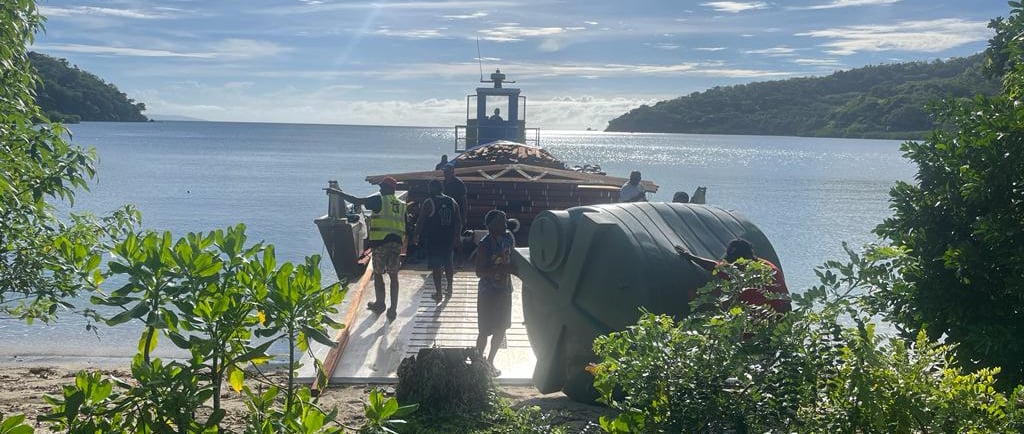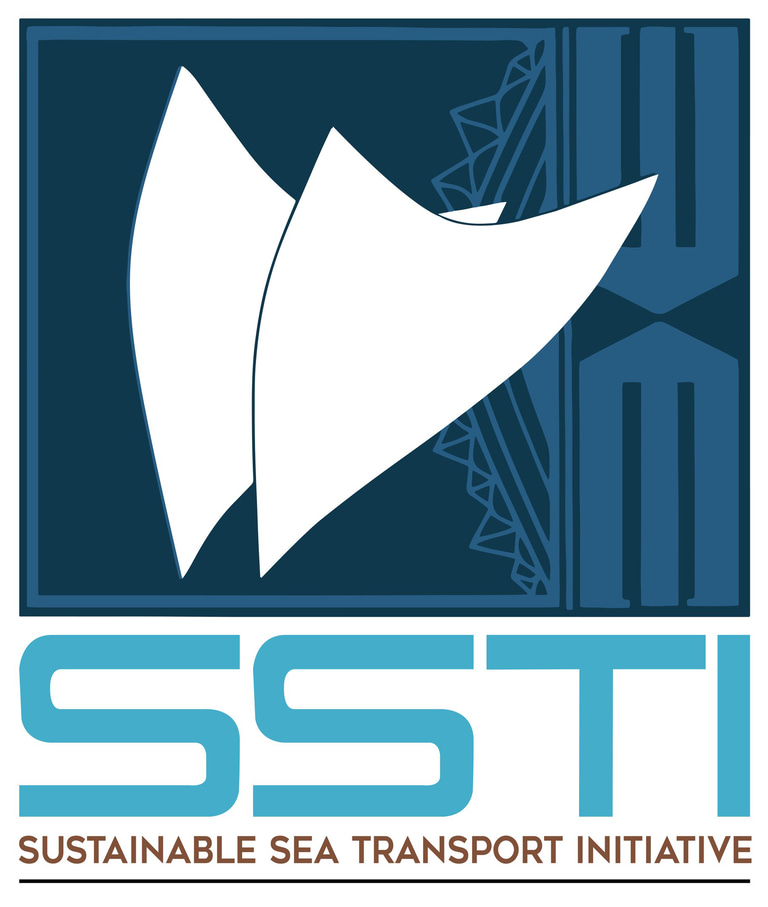Collaborating for Sustainable Sea Transport Solutions in the Pacific Islands
SUSTAINABLE SEA TRANSPORTRURAL MARITIME ACCESSIBILITY


The Sustainable Sea Transport Initiative (SSTI) is an innovative project implementor that aims to address the challenges of marine mobility and supply chain solutions in the Pacific Island Countries and Territories (PICTs). By collaborating with communities, businesses, and researchers, the SSTI is working towards refining and implementing effective strategies for sustainable sea transport.
The Challenges of Marine Mobility in the Pacific Islands
The Pacific Islands face unique challenges when it comes to sea transport. With scattered islands and vast distances between them, reliable and efficient transportation is crucial for connecting communities and facilitating trade. However, limited infrastructure, high costs, and environmental concerns pose significant obstacles.
The SSTI recognizes the need for sustainable solutions that not only address these challenges but also promote economic development and protect the environment. By bringing together various stakeholders, the initiative aims to find innovative ways to improve marine mobility in the region.
Collaboration with Communities
Engaging with local communities is a fundamental aspect of the SSTI's approach. Recognizing that the people who live on these islands have valuable insights and knowledge, the initiative seeks to actively involve them in the decision-making process. This collaboration ensures that the solutions developed are tailored to the specific needs and circumstances of each community.
Through community consultations and workshops, the SSTI gathers feedback and ideas from residents. This input helps shape the development of sustainable sea transport solutions that are not only effective but also culturally sensitive and socially inclusive.
Partnerships with Businesses
Collaboration with businesses is another key component of the SSTI's approach. By partnering with companies involved in maritime transportation and logistics, the initiative taps into their expertise and resources. These partnerships enable the SSTI to access valuable data, technology, and industry knowledge that can contribute to the development of effective supply chain solutions.
Working together, the SSTI and businesses explore innovative approaches such as the use of renewable energy sources, optimization of shipping routes, and the adoption of eco-friendly practices. By incorporating sustainable practices into their operations, businesses can not only reduce their environmental impact but also improve efficiency and cost-effectiveness.
Research and Development
The SSTI recognizes the importance of research and development in refining and implementing sustainable sea transport solutions. By collaborating with researchers and academic institutions, the initiative aims to leverage their expertise and insights.
Research projects focus on areas such as renewable energy technologies, alternative fuels, and the optimization of shipping operations. The findings from these studies inform the development of practical solutions that can be implemented in the Pacific Islands.
Implementation and Impact
The SSTI's collaborative efforts have already yielded positive results. By implementing sustainable sea transport solutions, the initiative has seen improved connectivity between islands, reduced transportation costs, and minimized environmental impact
Communities in some rural maritime areas now have improved access to essential goods and services, while businesses benefit from more efficient and cost-effective supply chains. Moreover, the adoption of sustainable practices contributes to the overall resilience and sustainability of the region.
The SSTI's ongoing collaboration with communities, businesses, and researchers continues to refine and implement effective marine mobility and supply chain solutions for the Pacific Island Countries and Territories. Through these collaborative efforts, the initiative is making significant progress towards a more sustainable and connected future for the Pacific Islands.

